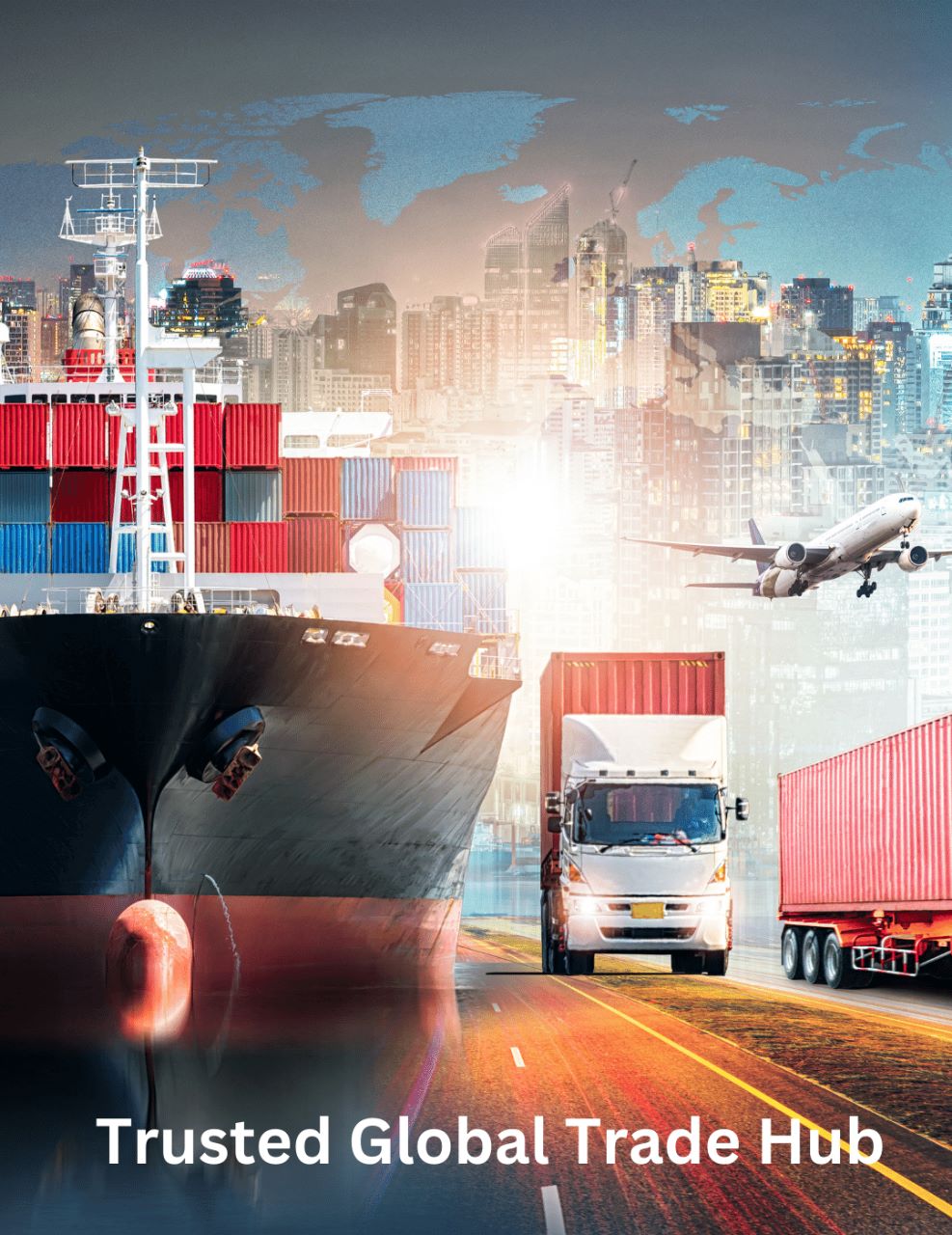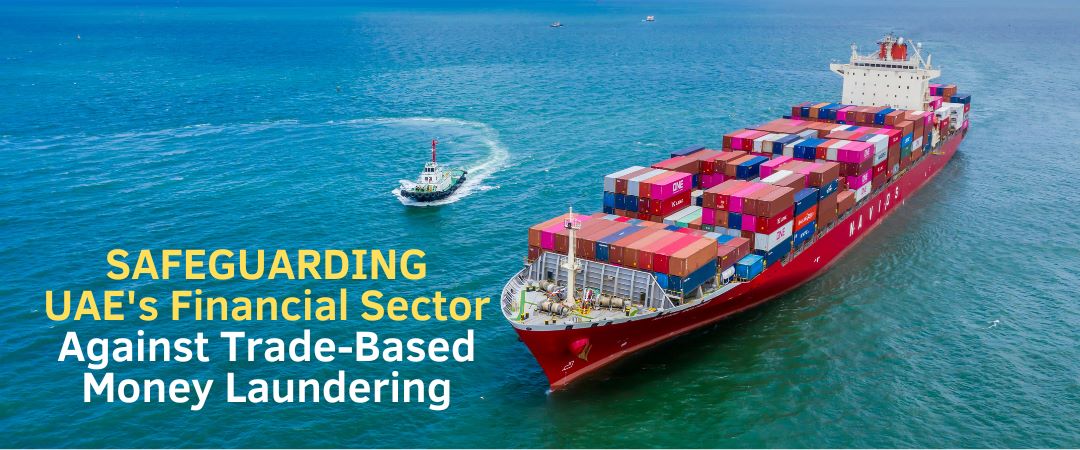
Trade-based money laundering (TBML) and its impacts on UAE’s financial sector
First things first, what exactly is trade-based money laundering? It's a crafty technique used by money launderers to disguise the origins of their ill-gotten gains through legitimate international trade transactions. Think of it as a money laundering scheme wearing a clever disguise. Instead of simply transferring money from one account to another, these shady characters manipulate the complexities of global trade to hide their dirty money.
Being a global financial hub, the UAE is a major player in international trade. Its strategic location between East and West, coupled with its thriving economy, makes it an attractive target for money launderers. TBML poses a significant threat to the integrity of the UAE's financial sector.
Loss of Revenue
TBML not only facilitates money laundering but also leads to significant revenue loss. When funds are illicitly transferred through trade transactions, it becomes challenging for authorities to identify and tax these hidden profits. This loss of revenue can have a detrimental impact on the government's ability to fund public services and infrastructure projects.
Reputation
The UAE has worked tirelessly to build a strong reputation as a reliable and trustworthy financial center. To maintain its standing as a reputable financial hub and the trust of international investors, the UAE is taking decisive actions against money laundering practices.
Regulatory Challenges
TBML is a sophisticated game that keeps regulators on their toes. The constantly evolving techniques used by money launderers make it difficult for authorities to stay ahead. The UAE's financial institutions must continuously adapt and enhance their due diligence processes, compliance frameworks, and monitoring systems to effectively combat TBML. This is one of the reasons why MoE and CBUAE have become more stringent in their monitoring.
Increased Compliance Costs
As a result of the fight against money laundering, financial institutions are burdened with heightened compliance requirements. The cost of implementing robust anti-money laundering measures, training staff, and deploying sophisticated technologies can be substantial. These expenses can ultimately trickle down to customers in the form of higher fees and charges.
International Cooperation
Money laundering knows no borders, and tackling TBML requires international cooperation. The UAE is collaborating with other countries, sharing intelligence and best practices, to effectively combat this global menace. Strengthening international partnerships is vital to ensuring the success of anti-money laundering efforts.
UAE’s Steps to Combat Trade-Based Money Laundering
To mitigate the impact of TBML on a country’s financial sector, a multi-faceted approach is necessary. It starts with robust legislation and regulations that are consistently enforced. The UAE has already taken steps in this direction by implementing stricter anti-money laundering laws and establishing specialized agencies to combat financial crimes.
Additionally, investing in cutting-edge technology and data analytics helps detect suspicious trade patterns and identify potential TBML activities. Embracing blockchain technology, for instance, can enhance transparency in supply chains and reduce the risk of trade-based money laundering.
Proper training is also crucial in this respect. By making AML trainings for individuals and financial institutions mandatory, the UAE is fostering a culture of compliance and ensuring that everyone understands their role in fighting against money laundering.
Trade-based money laundering poses a real threat to the UAE's financial sector. However, with Central Bank UAE and Ministry of Economy's proactive approach, stringent regulations, international cooperation, and innovative solutions, the UAE is safeguarding its financial system from the clutches of money launderers. By staying one step ahead, the UAE is solidifying its reputation as a trusted global financial hub and continues to thrive in the ever-evolving world of international trade.

